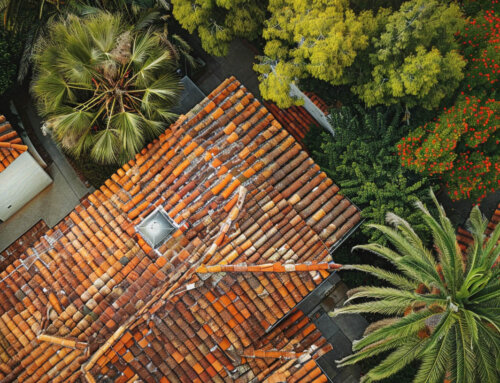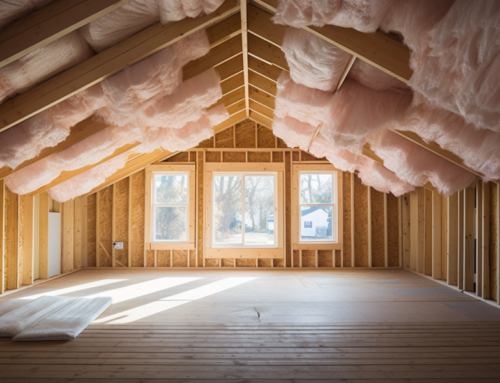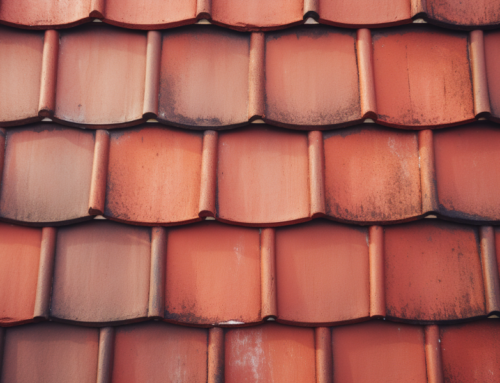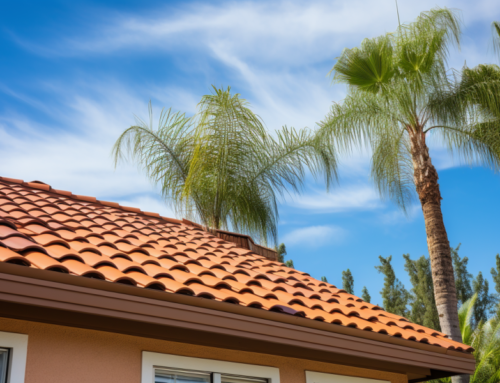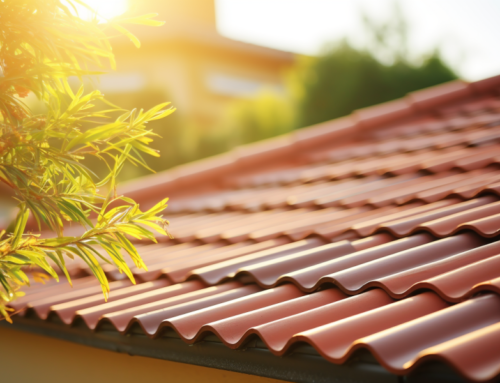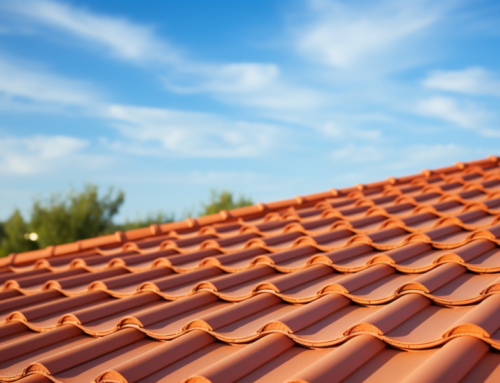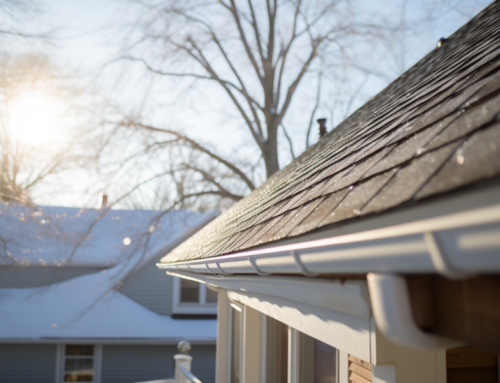Your home’s roof is an essential barrier against the elements, from the scorching sun to torrential rain. When functioning correctly, it ensures the safety and comfort of your family. However, like all things, roofs have a lifespan, and there comes a time when replacement becomes inevitable. One of the pressing questions homeowners often grapple with is whether their insurance policy covers roof replacement. Let’s delve into this topic to provide clarity.
Understanding Insurance Coverage for Roofs
Home insurance policies generally cover roof replacements if the damage results from unforeseen accidents or natural disasters. This means if a storm or falling tree limb damages your roof, your insurance is likely to cover the costs. However, it’s essential to be familiar with the specifics of your policy. For instance, while some policies might cover water damage resulting from a roof failure, others might not.
It’s crucial to note that insurance claims usually come with deductibles. The relationship between deductibles and premiums is inversely proportional; a higher deductible often means lower premiums and vice versa. Therefore, homeowners should choose a deductible they can comfortably afford.
However, insurance doesn’t typically cover damages resulting from natural wear and tear. For such cases, a home warranty might be more appropriate. These warranties often cover other home systems and appliances, offering a broader safety net for homeowners.
Replacement Cost vs. Fair Market Value
Insurance policies can be intricate, with terms that might seem confusing to the uninitiated. One common area of confusion is the difference between “replacement cost” and “fair market value.”
Replacement cost coverage pays for the entire expense of replacing your roof with a similar type. So, if you had asphalt shingles, the insurance would cover the cost of replacing them with the same type of shingles. On the other hand, fair market value considers depreciation. As roofing materials age, they lose value, which means the older your roof, the less you might receive from an insurance claim based on fair market value.
Exclusions in Home Insurance Policies
Insurance policies often come with exclusions. These are specific damages or situations that the policy doesn’t cover. Common exclusions might include earthquakes, floods, or even specific types of storm damage. One crucial exclusion homeowners should be aware of is neglect. If an insurance adjuster deems that a homeowner has neglected their roof, leading to its damage, they might deny coverage.
To avoid such scenarios, homeowners should engage in regular roof maintenance. Working with a professional roofing contractor can help identify potential issues early, ensuring the roof’s longevity and optimal performance. Keeping a record of all maintenance activities can also be beneficial when making an insurance claim.
Choosing the Right Roofing Partner in San Diego
When it comes to roofing in San Diego, it’s essential to work with a trusted partner. San Diego County Roofing & Solar has been a leading name in the industry, known for its commitment to quality and customer satisfaction. With years of experience, our team ensures that homeowners receive the best service, whether it’s routine maintenance or a complete roof replacement.
In conclusion, while homeowner’s insurance can cover roof replacements, it’s vital to understand the specifics of your policy. Regular maintenance and working with reputable roofers in San Diego, like San Diego County Roofing & Solar, can ensure your roof remains in top condition, offering peace of mind and security for years to come.



